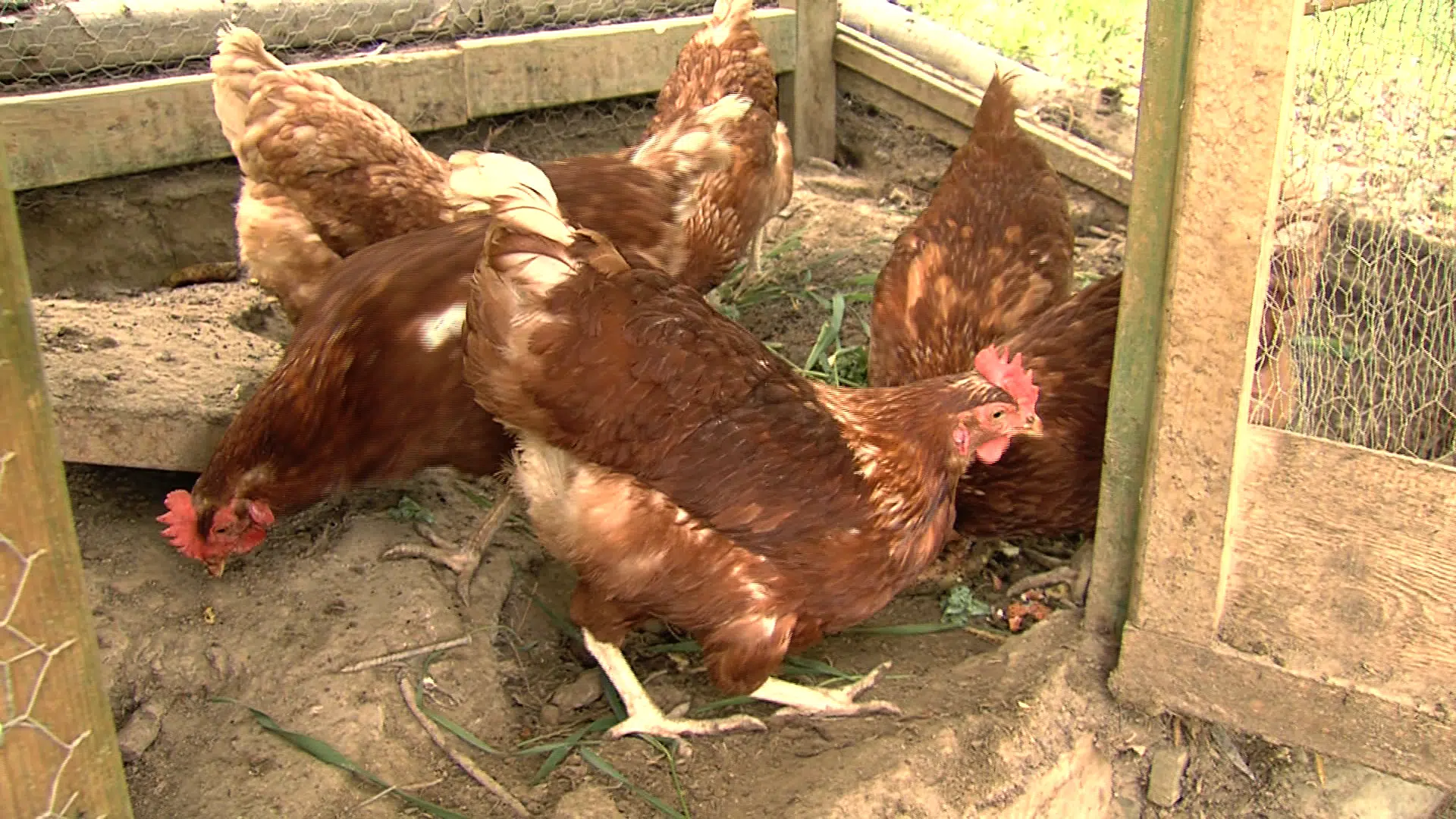
City Council passes by-law to allow urban hens
KAMLOOPS — A small flock of urban hen supporters had reason to crow aloud outside City Hall on Tuesday night, knowing they’ve won a nearly 10-year battle to bring chickens to city backyards.
WATCH: Full report by Chad Klassen
“The biggest benefit of having urban hens will be food security, providing food on your plate that you grew in your backyard,” says Bonnie Klohn from Kamloops Food Policy Council. “But it also means the community coming together around food security.”


